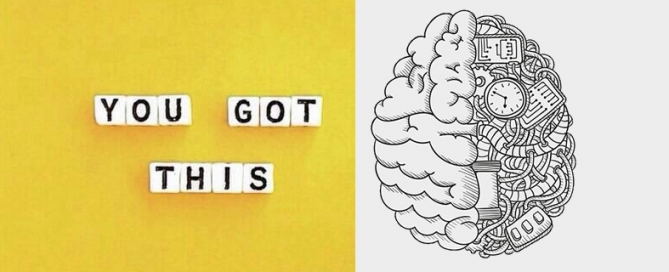Human brains are built for short-term decision-making. What’s the trick for getting information to stick? How can you commit important facts to memory and recall them whenever you need them?
Repetition—sometimes called “maintenance rehearsal”—can be a helpful tactic, but rote memorization is boring, unreliable, and can fade quickly. To move information out of our working memory and into long-term storage for easy retrieval, it’s more effective to link new material to information that already exists in your memory, a method that researchers call “elaborative rehearsal.” Elaborative rehearsal involves making a deliberate effort to understand, explain, and discuss new material in ways that help your brain make important connections that can facilitate recall.
Cognitive scientist Daniel Willingham explains that for a new skill to become automatic or new knowledge to become long-lasting, students need to practice past the point of mastery. Sustained practice—the regular ongoing review or use of what you need to know—allows you to acquire facts and knowledge, learn a skill, and become an expert. According to Willingham, better practice leads to stronger memory. Our ability to think would be quite limited if there was no way to overcome the space constraints of memory. When we over-learn something, we develop automaticity, which reduces the demand on our memory. This frees up space for higher learning and is critical to progressing in math, reading, and writing.
At Evoke, we help our clients identify strategies to turn practice into retention, creating competence and expertise to facilitate critical thinking and creativity. Talk to us about how our coaches, tutors, and mentors can work with your child to create a solid foundation that leads to mastery and success.
')}



